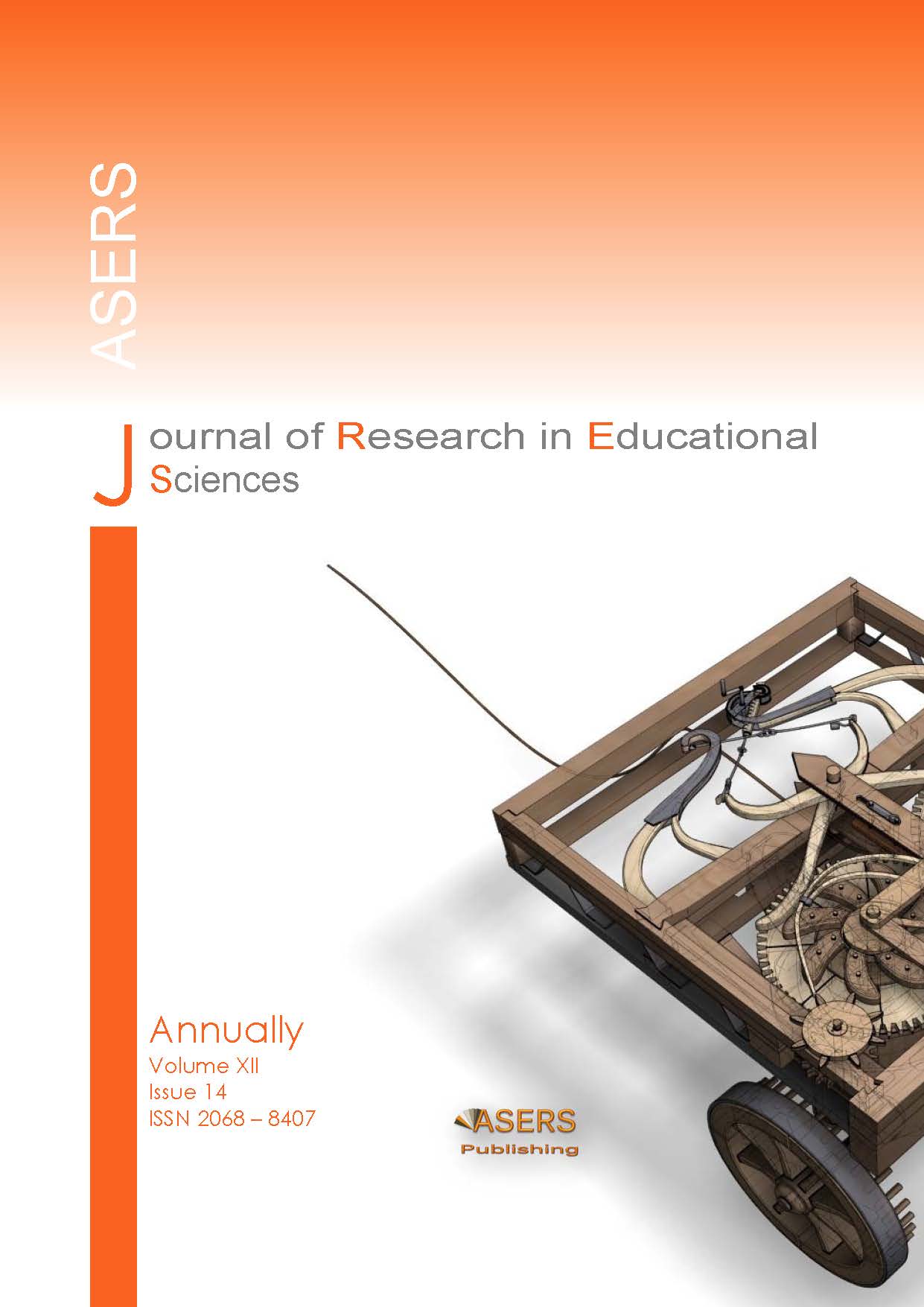Reporting and Interpreting Multivariate Analysis of Variance (MANOVA): Adopting the Best Practices in Educational Research
Reporting and Interpreting Multivariate Analysis of Variance (MANOVA): Adopting the Best Practices in Educational Research
Author(s): Simon NtumiSubject(s): Social Sciences, Education
Published by: ASERS Publishing
Keywords: multivariate; analysis; variance; univariate; education;
Summary/Abstract: There is seemingly anonymity and observation among consumers of educational research that multivariate analysis of variance (MANOVA) is one of the most predominant and commonly used statistical models for the analysis of data in the discipline of education. Despite the large use of MANOVA in research studies, most research practitioners within the educational research trail still face difficulties in reporting and meaningfully interpreting MANOVA results. In analysis, multivariate analysis of variance tests for two or more independent variables and two or more dependent variables. In practice, the one-way multivariate analysis of variance is used to determine whether there are any differences between independent groups on more than one continuous dependent variable. This paper provides a data driven example of reporting and interpreting presentation of multivariate analysis of variance for consumers of research by capitalizing on how it can be reported and interpreted using the APA format. In the paper, the researcher used an example data-driven set throughout the write up to illustrate how MANOVA is reported and interpreted in educational studies. The paper emphasized that if researchers do not run the statistical tests on assumptions of using MANOVA correctly, the accrued results that will be might not be valid. These could therefore have structural effects on the conclusions and implications that will be drawn from the analysis. The paper concludes with remarks that throws more lights and emphasis on the relevant and consequent implications of using MANOVA in educational studies.
Journal: Journal of Research in Educational Sciences (JRES)
- Issue Year: XII/2021
- Issue No: 14
- Page Range: 48-57
- Page Count: 10
- Language: English
- Content File-PDF

